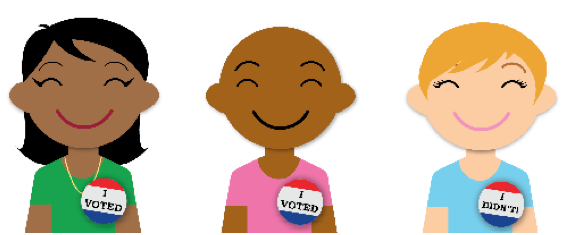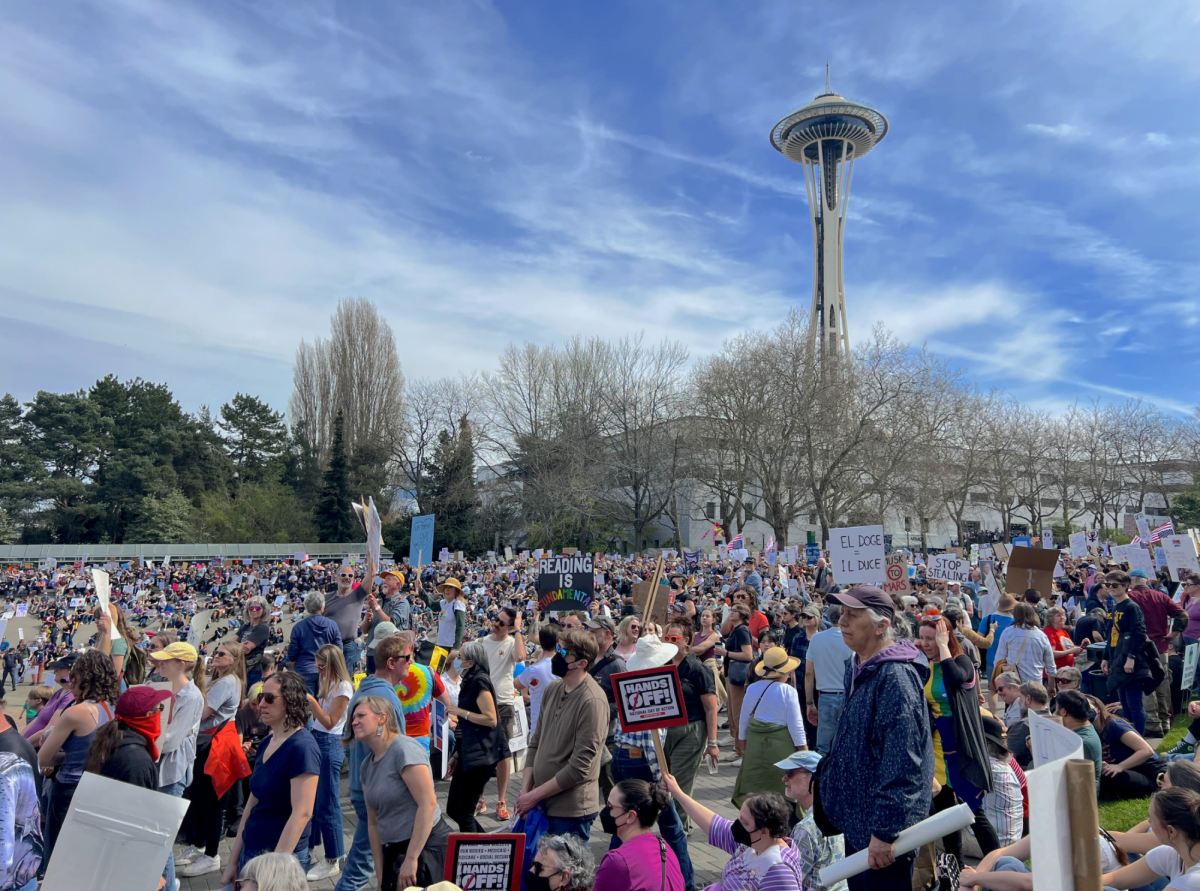With the presidential election less than two months away, Seattle U students join the rest of the country as they watch candidates wrestle with tough questions, decisions on policy, and each other. This is perhaps the most tensely awaited presidential decision in history, with all candidates being hotly debated on a dramatically personal level. This election has cut deep into America’s most core values and has the ability to shape a whole generation as young people blossom into citizens with a voice.
For most students, this election will be their first time voting in a presidential race. This election is also said to be one of the most important elections in history. The next few weeks will be crucial for the candidates to sway voters in their direction, particularly young people, who play an important role in presidential nominations.
Hillary Clinton and Donald Trump can both be seen all over headlines, the internet, and front yard signage. Some students, however, have other candidates in mind.
Jeff Hares, a sophomore at Seattle U pursuing a degree in international business, wasn’t excited about any of the candidates until he heard about Gary Johnson, the Libertarian nominee who once served as the Governor of New Mexico. Most voters don’t know about Johnson because he is not yet popular enough in polls to be included in the debates.
“I’m just really hoping that Gary gets included in the debates. I think once he gets included in the debates his popularity will soar because people will realize he’s not crazy, he has good ideas, and he doesn’t want to destroy America,” said Hares. “People are just so narrow minded with thinking ‘I have to vote republican or I have to vote democrat.’”
Currently, in order to be included in the debates, a candidate needs to hit at least 15 percent popularity. According to the Washington Post- ABC News Poll, Johnson is at five percent and Jill Stein of the Green Party is at one percent. This means that these two candidates are unable to partake in the first debate. Clinton is polling at 46 percent and Trump at 44, according to the same poll.
Jon Cantalini is a junior year humanities for leadership major with a double major in political science. Though he identifies as a republican, he plans to vote for Johnson as well. He said he’s disappointed in the Republican nominee, Donald Trump.
“[Johnson and his running mate, Republican Massachusetts Governor William Weld, are] the only candidates, president and vice president, that aren’t playing into the political climate that’s going on right now,” Cantalini said. ”They have more substantive answers when it comes to policy compared to Hillary Clinton and Donald Trump.”
Clinton, who maintains a slight lead in polls, is a popular choice for commonly left-wing Seattleites.
Claire Hallock, a third year nursing major, decided to vote for Clinton after Sanders dropped out of the race. Although Clinton wasn’t her first choice for the Democratic nominee, Hallock now wholeheartedly supports the candidate.
“I never had a problem with her during the primary elections. I feel like she is extremely well qualified to be our president, I see her as someone who has gone through a very long career and has evolved a lot in her views in a positive way,” Hallock said.
The intense rivalry between the candidates often reflects onto their supporters. In an overwhelmingly liberal area in the country, students often stay solid in their political views, perhaps to a fault. Some students feel like the liberal majority on campus often stifles their voices.
“I feel that the campus and the school is just very pro-liberal and so if you just have one simple opinion that’s different, you get excluded a little bit, and I’ve definitely experienced that here on campus,” said Hares.
The tone of the election at Seattle U is subtle yet unwavering. It doesn’t come up in conversation often, it is careful, but it is active.
“People get so heated in either way that it’s hard to have a conversation, which just reflects how serious this election is when it comes to the issues it’s exposing. There’s a lot of emotion and tensions run high on a lot of these issues,” Hallock said.
Tensions will run higher as the country approaches November. Presidential debates will begin and candidates will fight for undecided voters. It’s crucial that students are able to make their voices heard in these next few months.
The author may be reached at
towen@su-spectator.com









